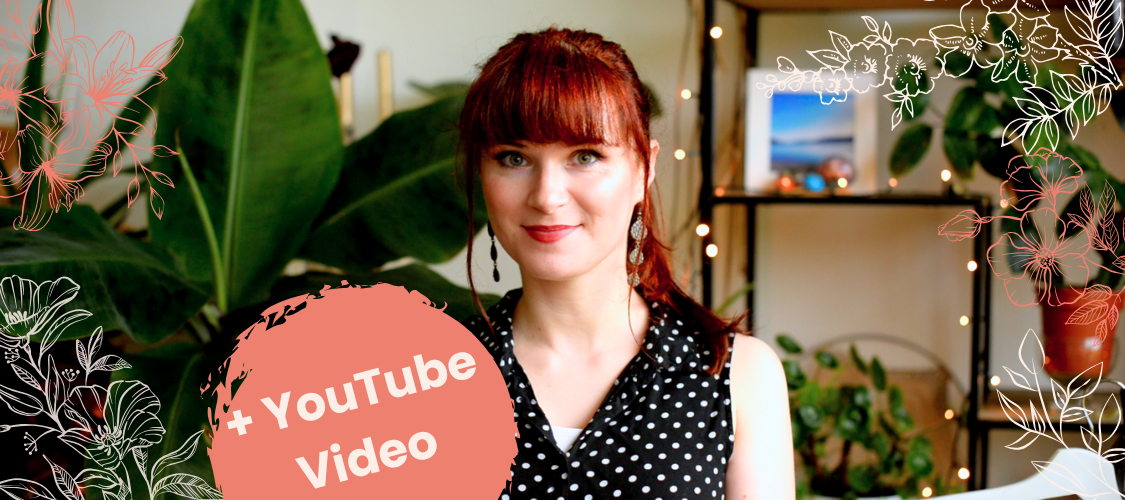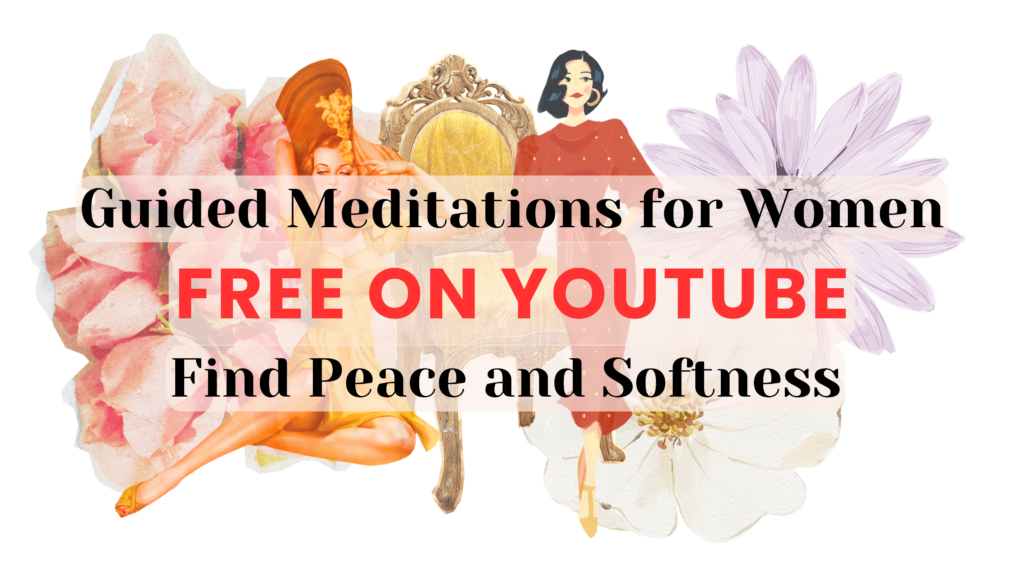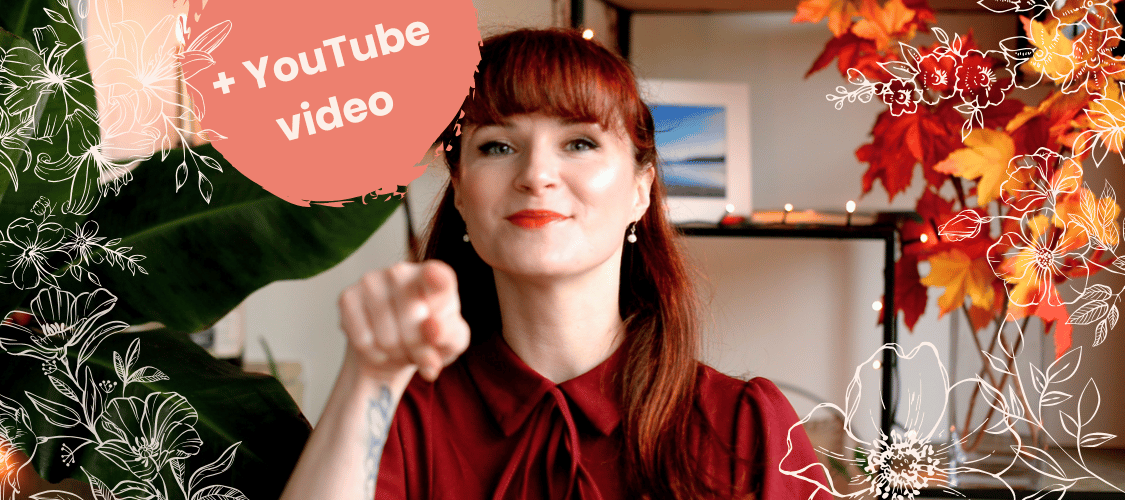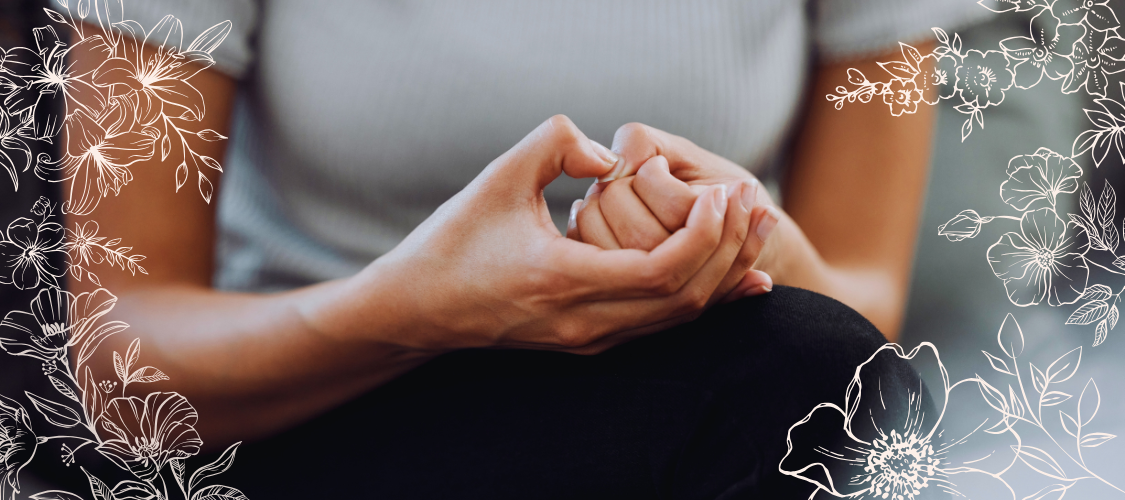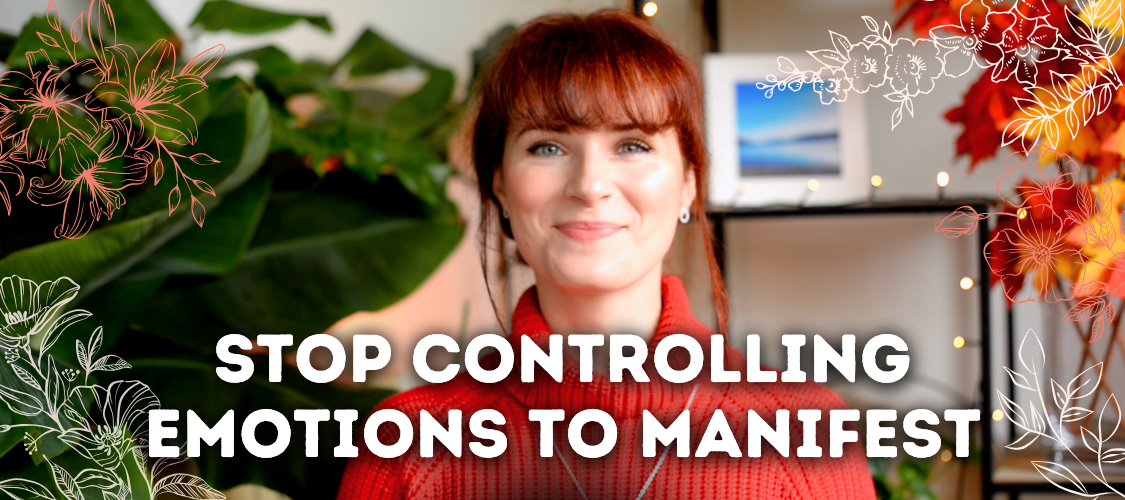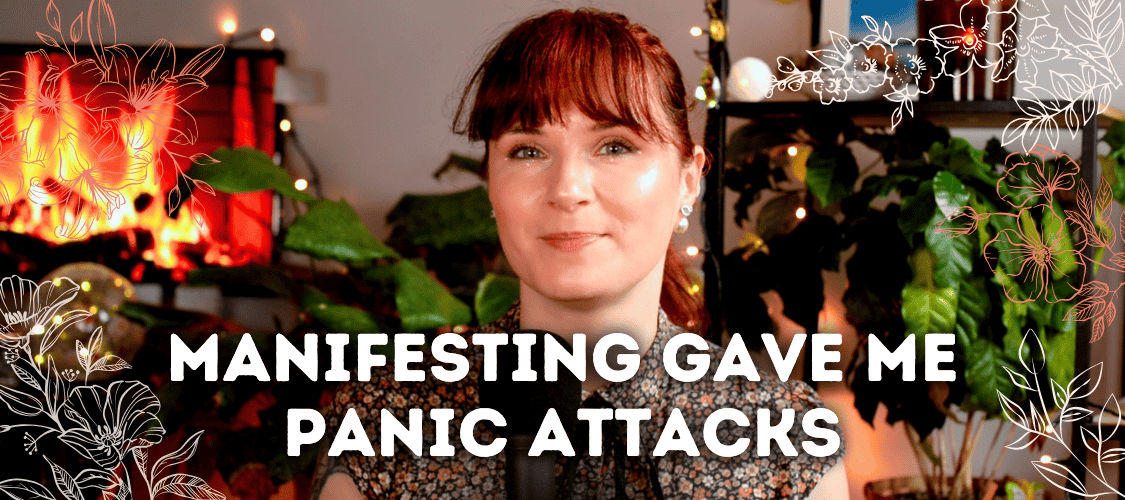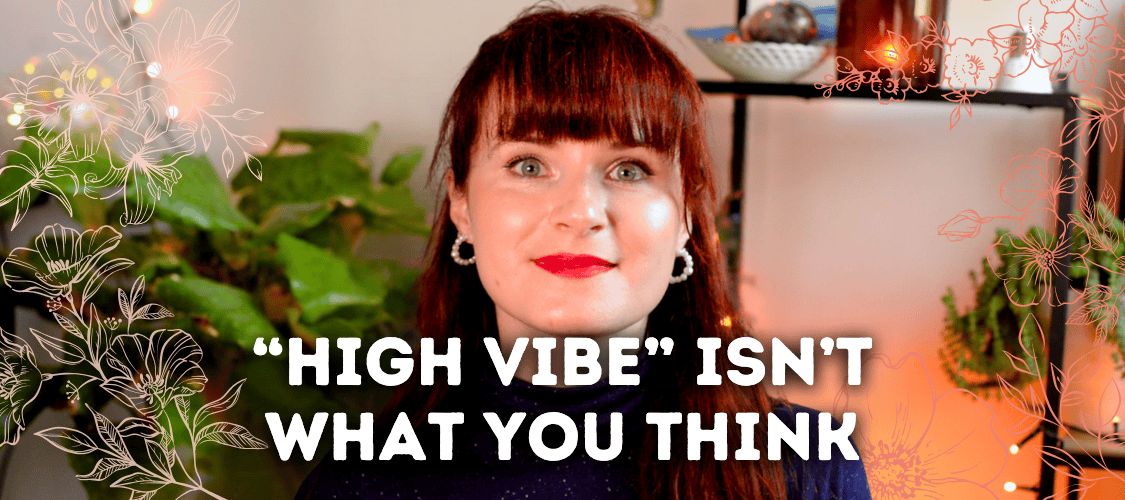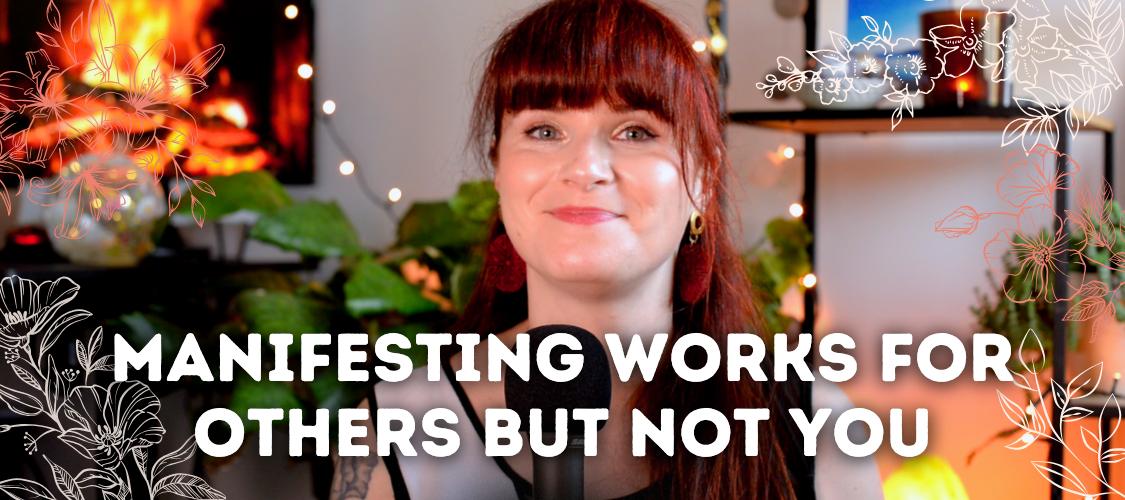Self-trust is the foundation of everything you do. It’s your secret weapon. Without it, you’ll constantly second-guess yourself, seek external validation, and feel powerless in the face of uncertainty. Let’s explore the reasons one asks: why don’t I trust myself and how to fix it?
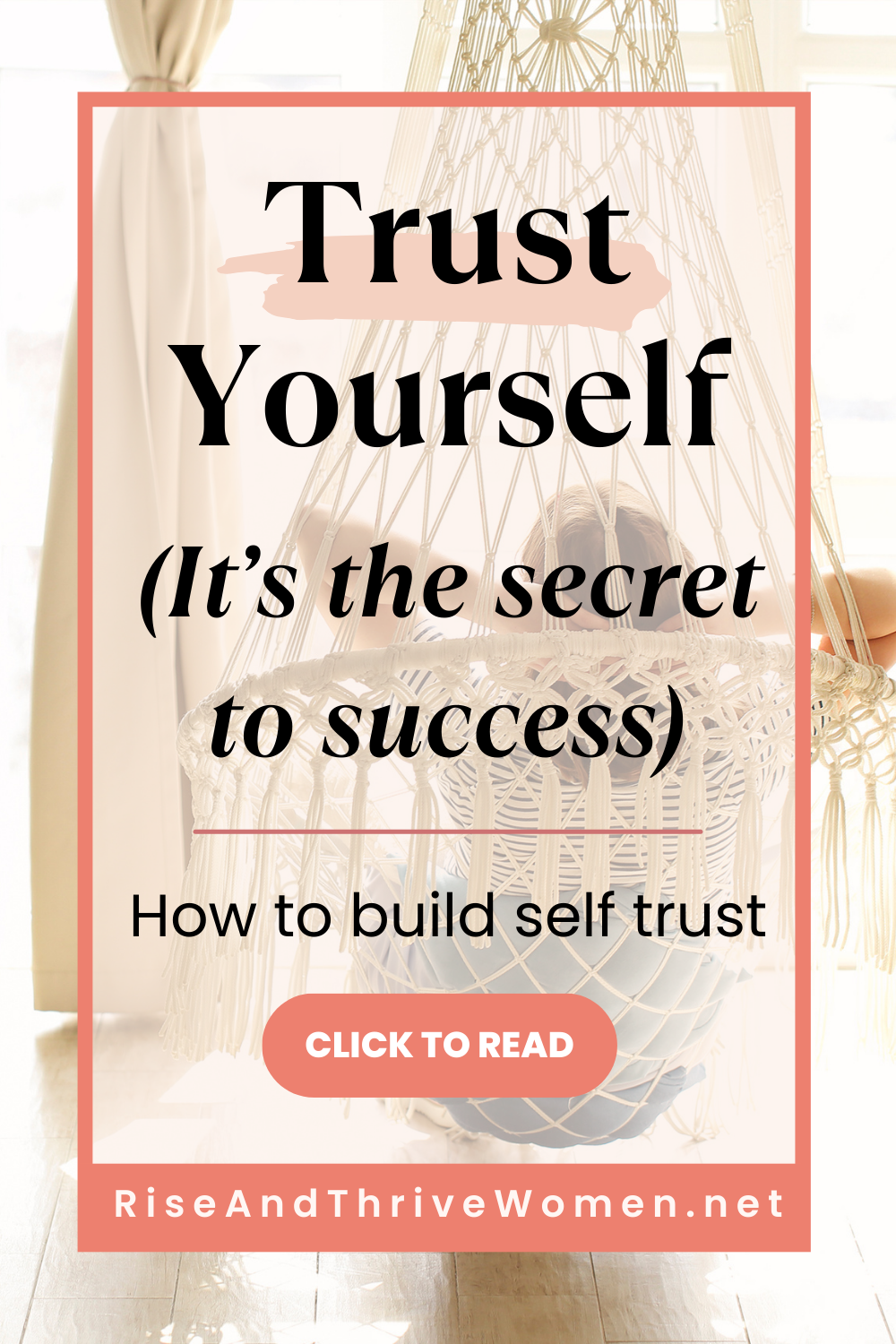
Watch the Featured Video – How to Trust Yourself Again and Boost Your Intuition
Does This Sound Familiar?
It’s easy to get stuck in negative thought spirals. We might lose faith in our intuition or our ability to achieve what we secretly wish to accomplish. A lack of self-trust leads to inauthentic living and ultimately prevents us from reaching the peace we all seek. Don’t worry. In this video (and post), I’ll share five practical tips. These tips will help you rebuild trust within yourself. They will help you regain a sense of inner confidence.
Do you let your thoughts ruin a good moment? Are your thoughts causing you to second-guess yourself all the time? I hear you because I used to be a master of this behaviour. Back then, I would ask five different friends for an opinion about a situation. I did this to avoid making the wrong decision again. It is tiring and it doesn’t lead anywhere. I didn’t know I was lacking self-trust and how important it is. So naturally, I had no idea the question to ask is: why don’t I trust myself?
So, let’s change it and regain that trust. Without it, no decision is safe. No self-love is present. No self-acceptance is on the horizon.
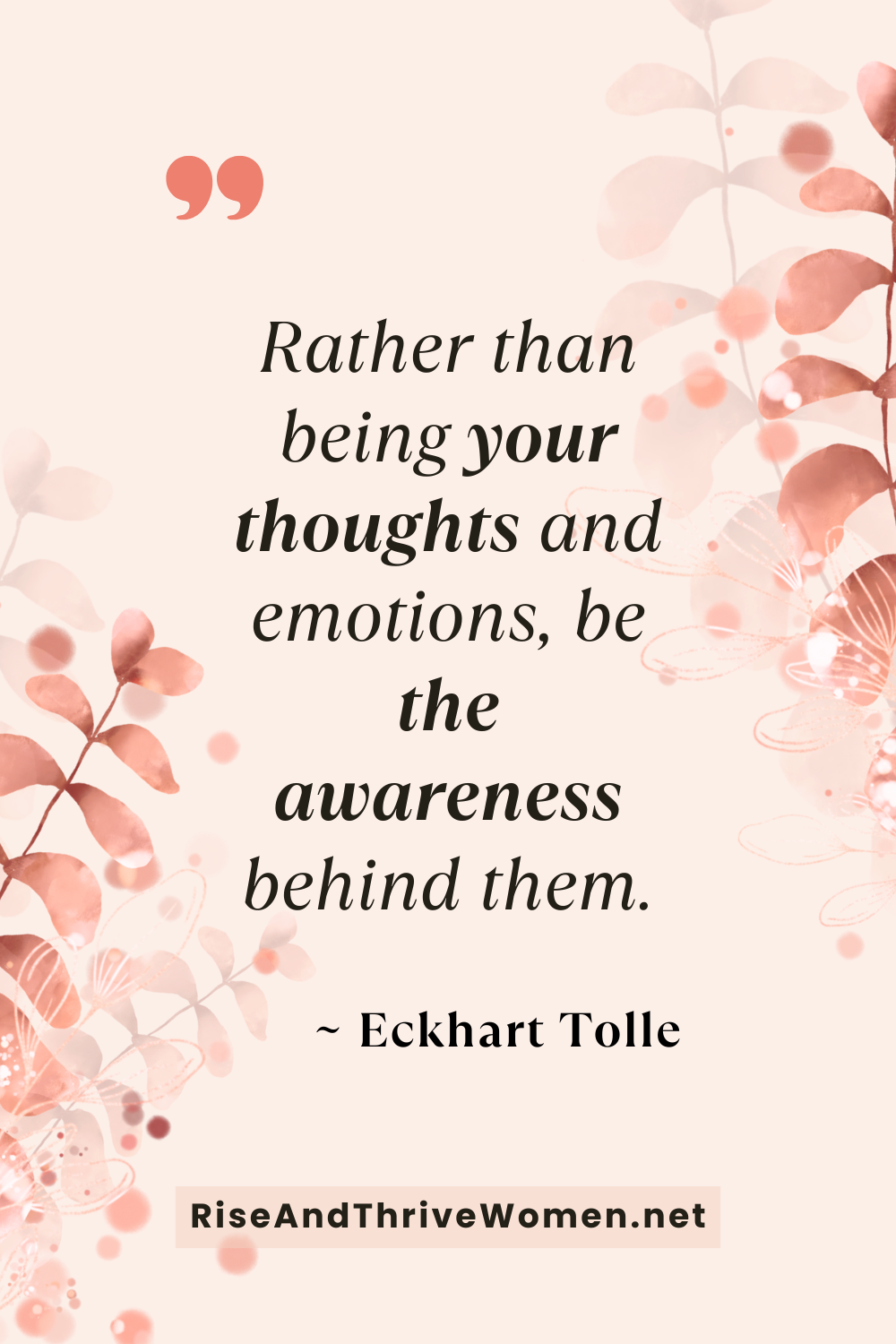
You Are Not Your Thoughts
Let’s start with a big one: You are not your thoughts. A lot of us get caught up in the idea that whatever pops into our mind reflects who we are. But that’s simply not true. Thoughts come and go—they’re temporary in nature.
The problem comes when we fixate on the same negative thoughts over and over. Your brain starts to treat it as something important, so it brings it up more often.
Whatever you focus on, whether positively or negatively, sends a signal to your mind that it’s important.
It’s like your brain is saying, “Oh, you keep thinking about this, so it must matter. Let me remind you again!” But the repetition of a thought doesn’t make it true. And accepting a negative experience is a positive experience. Remember, thoughts create emotions, and if you constantly dwell on the negative, it can begin to feel like reality. So the next time a negative thought arises, acknowledge it and let it pass. I also have a video on dealing with emotions in a healthy way—it’s called “You Are Not Too Emotional,” and the link is in the description.
I mention that you are not your thoughts or emotions because you can observe them. What you can observe is not who you are. Instead, you can remain aware of them as a neutral observer, experiencing them and letting them pass. They aren’t even yours—if they were, you could decide to think of a thought, and it would instantly appear, but that’s not how it works. Thoughts arise seemingly at random, beyond our control. They are like passing trains, but you are the platform. Don’t hop on the trains you don’t enjoy. Focus more on the quiet spaces between them.
Signs You Might Not Trust Yourself
Self-trust is the unwavering belief in your own intuition, decisions, and ability to navigate life’s challenges confidently.
It’s the knowing that your life unfolds perfectly and all happens for you, not to you. Moreover, it’s you showing up for yourself because you’ve made that promise. It’s you having no doubt in your own decision-making, instead of asking for the opinion of all your friends and outsourcing that burden. You see, the relationship you have with yourself is like any other—it requires trust, respect, love, and acceptance. And it’s the only relationship that lasts your entire lifetime.
How do you know if you’ve lost self-trust? Ask yourself the following questions to answer the question: why don’t I trust myself:
- Do you question every decision you make?
- Do you often beat yourself up over past mistakes?
- Do you need outside validation to feel confident in your choices?
- Do you fear failure and avoid pursuing your dreams as a result?
Other Clues You May Lack Self-Trust:
- Low self-esteem: You feel unworthy or incapable.
- Struggles with self-acceptance: You have difficulty embracing yourself as you are.
- Anxiety or constant second-guessing: You feel uneasy and unsure about your choices.
- Negative self-talk: You often speak to yourself in a harsh or critical way.
When self-trust is missing, it affects:
- Your thoughts: They are filled with doubt and uncertainty.
- Your self-dialogue: You criticize rather than encourage yourself.
- Your relationships: Your lack of trust in yourself impacts how you connect with others.
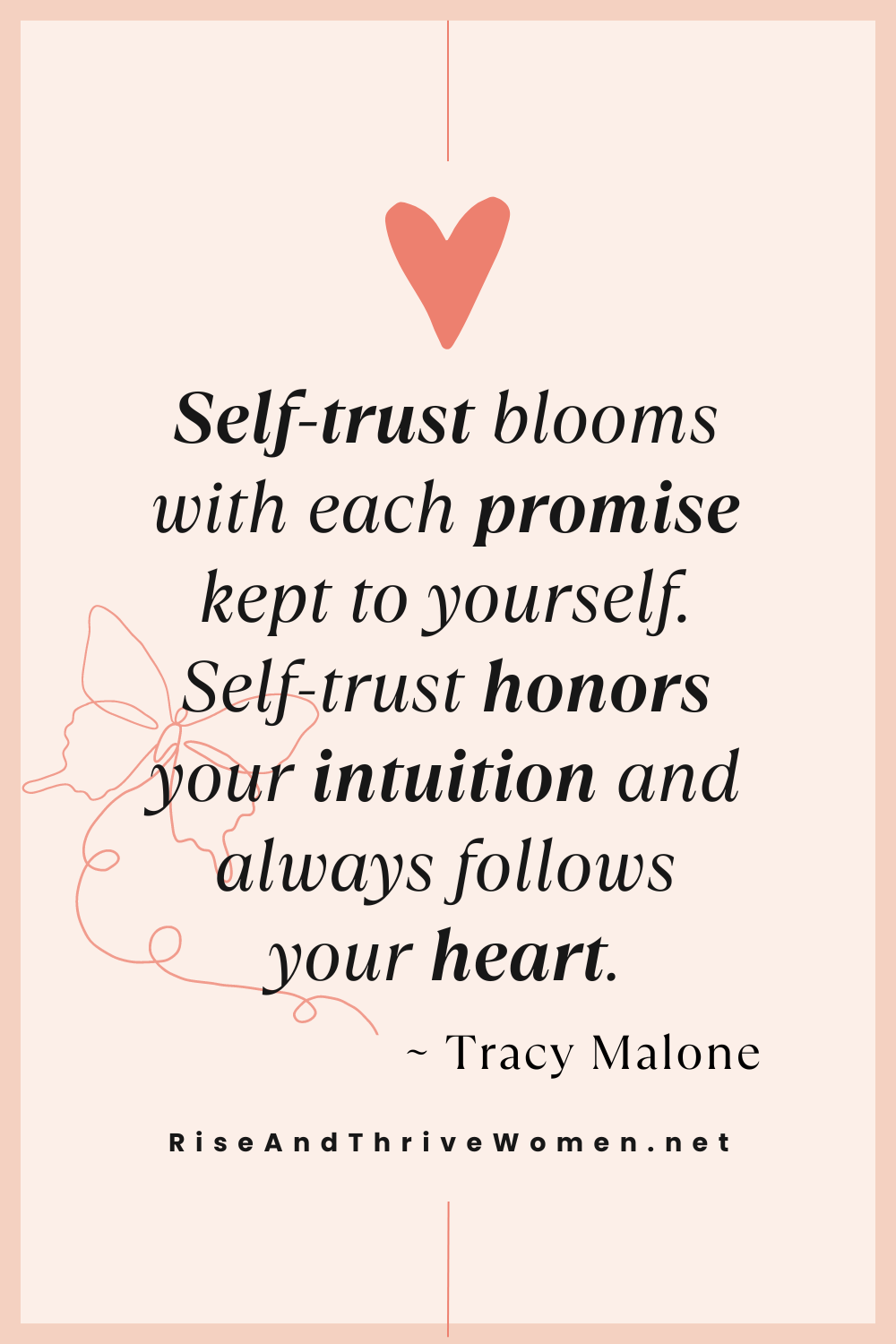
How to Rebuild Your Self Trust
But don’t worry—there are ways to rebuild that trust.
With self-trust, you become unshakeable; you trust your instincts, stay true to your path, and create a life that aligns with your authentic self. If you want to stop doubting yourself and start owning your power, building self-trust is non-negotiable.
1. Start with Positive Affirmations
Use positive affirmations to reprogram your subconscious. Repeatedly tell yourself empowering statements like “I am capable” or “I trust my decisions.” Overwrite negative self-talk whenever you catch it and speak these affirmations with conviction.
Accelerate with sleep meditations. Your subconscious absorbs affirmations deeply during sleep. Try guided meditations or create personalized ones targeting areas you want to improve.
Consistency and belief are key. With time, affirmations will feel natural and help you cultivate unconditional self-love and trust.
I have plenty of sleep meditations on this channel, so feel free to explore. There are also many online resources, or you can create personalised affirmations targeting areas where you need more self-love – I offer such tailored affirmations so check the links. The more you practise, the more your brain will start to believe it. This is the first step to unconditional self-love.
2. Keep the Promises You Make to Yourself
Keep promises to yourself. Follow through on commitments, like exercising or eating healthier, to strengthen your trust. Treat your promises as sacred, just like plans with a trusted friend.
Set clear boundaries. Personal boundaries build discipline and self-respect. Examples include limiting late-night snacking or exercising regularly. Boundaries with yourself make it easier to set and maintain them with others, protecting your emotional well-being.
Show loyalty to yourself. Stand by your values, decisions, and well-being, even when it’s hard. Honour your boundaries and support yourself like a trusted friend would.
Practise radical acceptance. Mistakes happen—don’t beat yourself up. Acknowledge slip-ups and focus on keeping your promises moving forward.
3. Write a New Story for Yourself
Dedicate time to yourself to create a new narrative. If your old story no longer serves you, it’s time to rewrite it. Reflect on who you want to be, how you want to feel, and how a self-trusting, empowered version of you would show up in the world. Write it all down authentically and specifically, embracing a self-concept of worth and value.
Turn it into a ritual. Write out your limiting beliefs—the old story—and safely burn or discard it. Each time those narratives resurface, remind yourself they’re in the past.
Live by your new story. Make decisions that align with the empowered you. When faced with challenges, ask, “What would the new me do?” This practice reinforces your growth and self-trust.
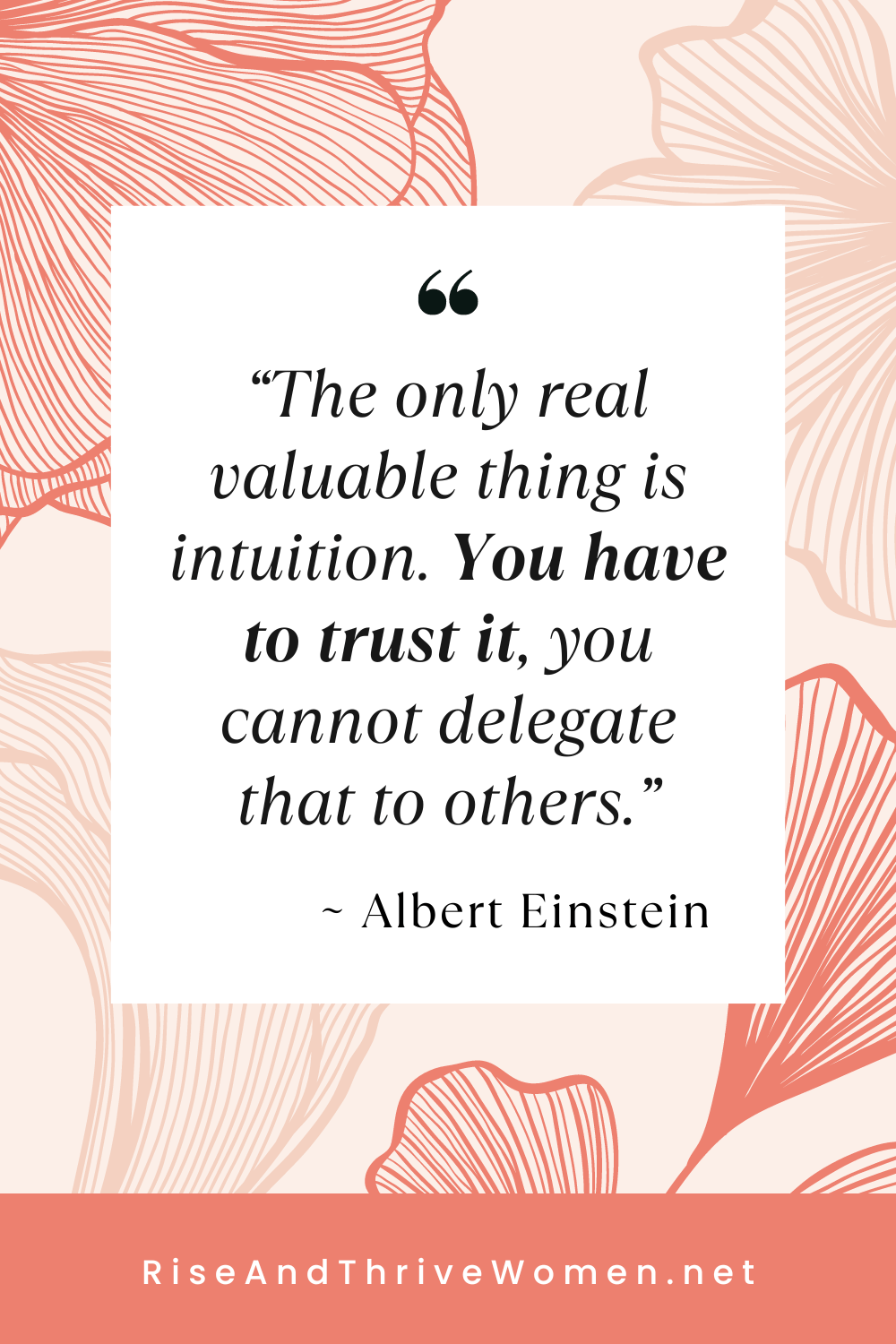
4. Learn to Discern Between Intuition and Anxiety
Learn to distinguish intuition from anxiety. Intuition is calm, quiet, and guides you toward what feels right, while anxiety is loud, overwhelming, and rooted in fear. Anxiety can disguise itself as intuition, but it’s often accompanied by physical symptoms like a racing heart.
Meditation is key. Regular practice helps you tune into your inner voice, creating the space to observe and understand yourself. Intuition feels like a peaceful nudge, while anxiety is tied to fear and tension.
Strengthen your intuition by listening to it. The more you trust and follow it, the clearer and stronger it becomes. Think of it as a muscle that grows with use—don’t ignore it.
5. Focus on Yourself
Make room for self-reflection to truly know yourself. Avoiding your thoughts by surrounding yourself with constant noise and distraction prevents deeper self-understanding. Reclaim your energy by dedicating time to be with yourself.
Meditation is the ultimate self-care. Daily meditation helps regulate emotions, provides insight into your desires and thoughts, and builds self-awareness. It’s not about stopping thoughts but observing them and letting go.
Start small and stay consistent. Begin with 10–15 minutes of vipassana, focused, or self-inquiry meditation daily. Gradually increase to twice a day for 20 minutes each. Doing this consistently is a commitment to yourself and your growth.
Can you commit to prioritising yourself? It’s a powerful choice—and one you’re capable of making. You’ve got this!
Conclusion
In this post, we explore why you may not trust yourself. Rebuilding trust in yourself is an ongoing process, but with consistency and self-love, you will get there. It’s not a contest or a test, so if others do better or don’t do it at all, it’s none of our concern frankly. You do this for yourself, your own emotional regulation so that you can finally live to your full potential, away from limiting beliefs and fears. There’s no space for them in your life.
Committing to daily meditation and self-reflection is the ultimate act of self-care, helping you reclaim your energy, understand your true desires, and build a deeper connection with yourself.
Recommended next post to read:
A 5-STEP GUIDE HOW TO MAKE THE MOST OF YOUR SINGLEHOOD
WHAT CAN JEALOUSY TEACH YOU ABOUT YOURSELF
HOW TO WORK ON YOUR SELF-CONCEPT FOR LOVE
